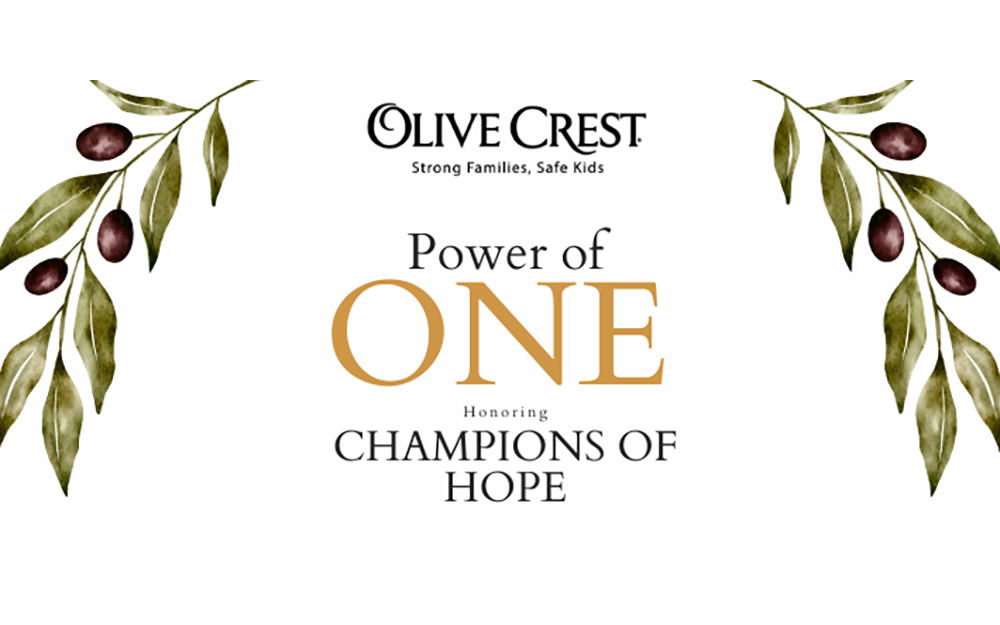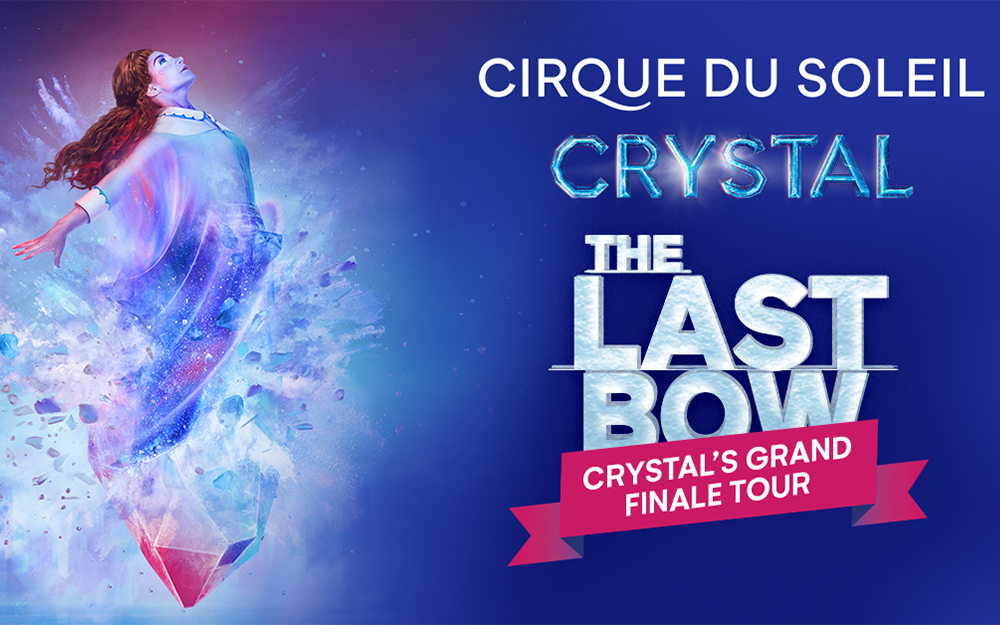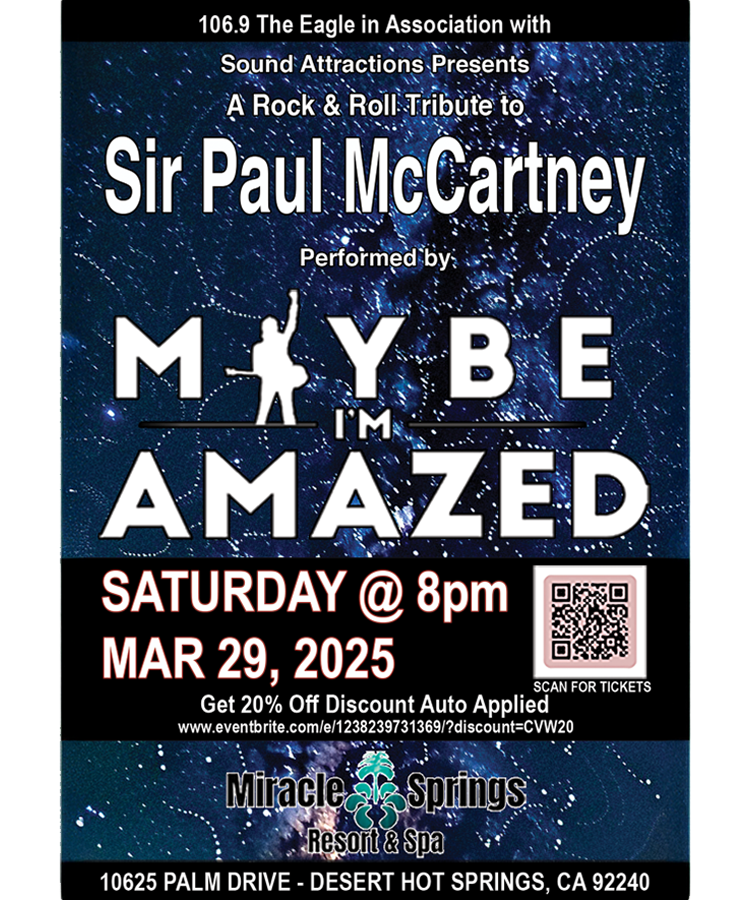
(Cooking Vinyl Records)
By Eleni P. Austin
If all you know about Cracker is based on their first hit single, “Teen Angst (What The World Needs Now),” or the Stoner (or non-Stoner, depending on who you ask) anthem “Low,” then you have missed a lot of great music. Luckily, a new, 2-CD/3-LP compilation has arrived, just in time to rectify that situation.
The band rose from the ashes of beloved iconoclastic ‘80s alt-rock darlings, Camper Van Beethoven. David Lowery, frontman and primary songwriter for CvB partnered with his boyhood pal, Johnny Hickman to form Cracker in 1990. The pair had grown up together in Redlands. Johnny’s rootsy, Spaghetti Western band, Unforgiven had created a lot of buzz, igniting a bidding war between labels. They recorded one record before calling it quits. Bassist Davey Faragher was rounded out the original Cracker line-up, as the band cycled through drummers with a ruthless efficiency.
Cracker’s self-titled debut arrived in 1992. While CvB salted their sound with traces of Ska, Folk, Country, Punk and World music, David and Johnny took a different tack. Heavily influenced by Rock, Country, Grunge, Psychedelia, Folk, Punk, Blues and Country, Cracker’s style managed to feel more stripped-down and surprisingly muscular.
Their first single, “Teen Angst,” shot to #1 on Billboard’s Modern Rock chart. They followed up a year later with their most beloved album, Kerosene Hat, which included “Low” and “Euro-trash Girl.” The latter seemed to anticipate the “celebutante” phenomenon a decade ahead of Paris and Nicole.
Throughout the ‘90s, Cracker could do no wrong. 1996’s The Golden Age was a smorgasbord of feeling, while 1998’s Gentleman’s Blues, cemented their fervent fan-base. As the Grateful Dead had Deadheads and Jimmy Buffet had Parrot-heads, Cracker had their Crumbs. At the dawn of the 21st century, the cheekily entitled Garage d’ Or served as a primer: part “greatest” hits, part odds & sods.
Cracker’s line-up has always remained fluid, with David and Johnny the only mainstays. Excursions into Classic Country and collaborations with bands like Leftover Salmon and Drive-By Truckers dovetailed sui generis sound. The band has taken extended breaks to make room for occasional Camper Van Beethoven reunions and solo projects. 2005 marked inaugural Cracker/Camper Van Beethoven Cookout at Pappy & Harriet’s. A happening that morphed into a festival that continues to this day.
In the last 35 years, they have recorded nine studio albums, five live efforts and two compilations. Now, the cool kids at the Cooking Vinyl record label have assembled a new collection that is just as idiosyncratic and unconventional as the band.
The record kicks into gear with a mellow and meandering take “Sick Of Goodbyes.” With some help from The Drive-By Truckers, weepy pedal steel and tangled piano are folded into the mix alongside nimble bass, jangling guitars a tick-tock beat, and David’s hangdog vocals. Lyrics limn the edge of loneliness: “The sun drags locomotives to the ocean, no one knows this like I do, seconds click in which I’m changed to dust, withered roots of hair and knots of rust, I’m wading in the currents of the ocean, I’m so sick of goodbyes, goodbyes.”
The need to subvert expectations, has practically been Cracker’s raison d’etre, even as this collection is labeled a “retrospective,” it’s really the band’s first two albums that receive the most bandwidth here. The self-titled debut is represented with a snarly, stripped-down “Teen Angst,” which is equal parts vitriol and ennui: “I don’t know what the world may want, but some words of wisdom could comfort us, think I’ll leave that to someone wiser…cause what the world needs now is a new Frank Sinatra, so I can get you in bed, cause what the world needs now is a new Folk singer, like I need a hole in my head.”
Meanwhile, “I Saw The Light” is a slice of optimism, filtered through cynicism. Bramble-thick guitars, rubbery bass and swirly keys are wed to a bedrock beat, evoking a ‘70s Gospel/Soul boogie vibe that recalls assorted Mad Dogs and Englishmen. The taut instrumentation wraps around the skeptical sincerity of “Sometimes I imagine you lying in your bed, sometimes do you imagine too, do you sometimes lust for the grace others have inside, the simple peace they make with life, they feel love like some summer’s night, well, I want it too.”
Along with “Sick Of Goodbyes,” the Kerosene Hat album is well-represented with the modal masterpiece, “Low,” which blends down-tuned dervish guitars, tensile bass, shivery keys and a thunky beat. Lysergic lyrics hint at a hallucinogenic conclusion, but insisting that to “Be with you girl, like being low, hey, hey, hey, like being stoned,” could easily be a love language.
Cracker’s collaboration with Leftover Salmon, reconfigures a song from their debut, and two from Kerosene Hat. The Colorado aggregate refers to their sound, a mix of Bluegrass, Country and Cajun/Zydeco as Polyethnic Slamgrass, and it meshes perfectly with Cracker’s prickly savoir faire. “Mr. Wrong” is powered by rippling mandolin, down-home banjo and a trap-kit beat, as David portrays the delinquent Romeo.
“Sweet Potato” is reconfigured as a bucolic groover anchored by wily banjo, willowy mandolin, strummy guitars and a relax-fit rhythm. Meanwhile, “Eurotrash Girl” receives the biggest make-over, recast as a rustic waltz. Keening pedal steel collides with feathery mandolin, buttery banjo, fluttery guitars, tethered to a jaunty ¾ beat. Lyrics offer a sardonic travelogue casting David as a lovelorn swain searching for his soulmate. The song’s Honky-Tonk piano outro is worth the price of the whole collection.
Eschewing chronology, songs hopscotch back and forth. The sunshiny chug of “Almond Grove” from 2014 is followed by a 2024 slowed-down revision of “Merry Christmas Emily,” which was originally found on the 2002 album Forever. “The World Is Mine” is an elastic little rocker from the Gentleman’s Blues record that splits the difference between Punk and ‘70s AOR. From the same album, a live version of “Seven Days” simply crackles with authority.
The grooviness is baked-in to each track, but stand-outs include the Tex-Mex perfection of “I Need Better Friends,” which matches scratchy electric riffs, thrumming bass and oscillating organ runs to a propulsive beat. Lyrics like “And I was smoking lots of weed, trying to forget what you meant to me, hanging out with folks just half my age, buying vintage analog synthesizers, sometimes skater-shoes, sometimes re-issues of those vintage synths, and I was drifting down the coast, with the girl I love the most from Point Arena to Stinson Beach, from Arcata to Bodega Bay, when will this shit end, I need better friends, but for now, it’s fine,” toggle between sad-sack and smartass.
“King Of Bakersfield” is a humble-brag Hoedown wraps lachrymose pedal steel, spidery bass, stinging Buckaroo guitars, loose-limbed accordion and keys are tethered to a clip-clop gait. Trenchant lyrics paint a vivid picture of a film studio craftsman who has carved out a piece of paradise in the San Joaquin Valley: “So we’ve got some wide open spaces, for my friends to come drink beer, I’ve got a stage in the back with a band two-stepping all night long, we’ve got some motorcycle ridin’ neighbors, we never have no trouble round here, all my friends say I live like a king out in Bakersfield, cause I do.” As Matt “Pistol” Stoessel unspools a lissome pedal steel on the break, David deadpans “Play it weird, man, this ain’t Nashville,” as sparkly guitars twitch and twang.
Still, Cracker’s most underrated gem remains “Big Dipper” from their 1996 album, The Golden Age. Drowsy guitars partner with languid bass lines, plaintive piano and a kick-turn beat idle across a sun-dazed soundscape. Delicate lyrics beautifully conjure up that pull-push of jaded ennui and circumspect confidence that characterized the late ‘90s: “Cigarettes and carrot juice, and get yourself a new tattoo, for those sleeveless days of June, I’m sitting on the Café Zinho steps, with a book I haven’t started yet, watching all the girls go by.” Guitar and piano intertwine on the break and the cynicism and snark gives way to a genuine wistfulness: “And hey Jim Kerouac, brother of the famous Jack, or so he likes to say, lucky bastard, he’s sitting on the Café Zinho steps, with a girl I’m not over yet, watching the world go by.”
Cracker (Crumb) completists may already have most of the material here, but the band toss in a couple of hard to find antiquities. “Father Winter” is a demo that Johnny wrote and sang.
The balance of the second CD is given over to live tracks. From the German TV program Rockpalast comes “One Fine Day,” a rough and rugged stomp that shares some musical DNA with Tom Petty’s “Last Dance With Mary Jane,” that quickly shapeshifts into the feral intensity “Gimme One More Chance.” As the velocity rachets up, David unleashes a scorching solo that reveals his inner-guitar superhero.
Executing a stylistic 180, the band offers up a bare bones rendition of “Sunrise In The Land Of Milk And Honey.” It’s just buzzy guitars and a time-keeping bass. David’s laconic drawl acknowledges “I’m feeling pretty shitty, in the wreckage of my life,” but he quickly pivots to the sunny side, with this caustic rejoinder: “So if you want to live, let’s live together, in bows and feathers, in Weimar decadence, and if you want to die, well, we can take the long road, cause dying is easy, and living is hard.” And then there’s a tender (mostly) acoustic take on the Kerosene nugget “I Want To Live,” that features a bendy electric guitar solo that struts and sprawls in the echo and sway.
Despite the hits and platinum status, Cracker remains wildly underrated and criminally overlooked, and outlier whose sophisticated songcraft sped past puerile peers like Stone Temple Pilots and Bush. Grunge became the musical “lingua franca” for the final decade of the 20th century. It’s doubtful this new collection will win over new fans, but that’s their loss.










































